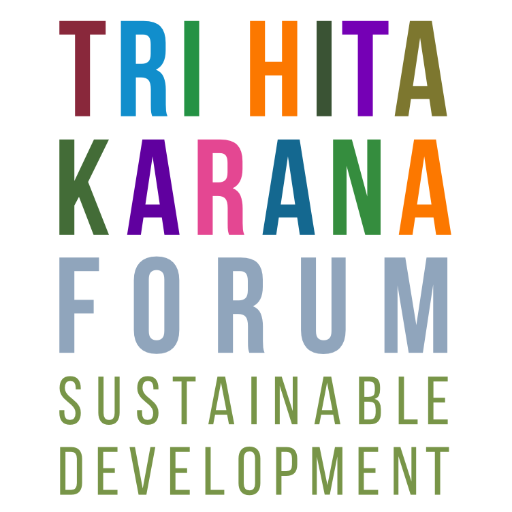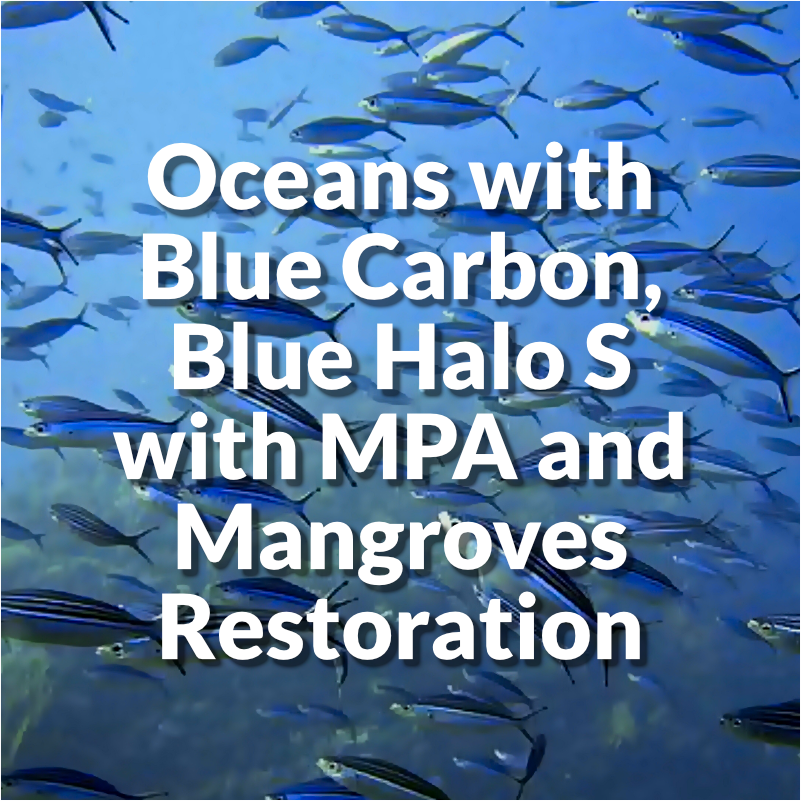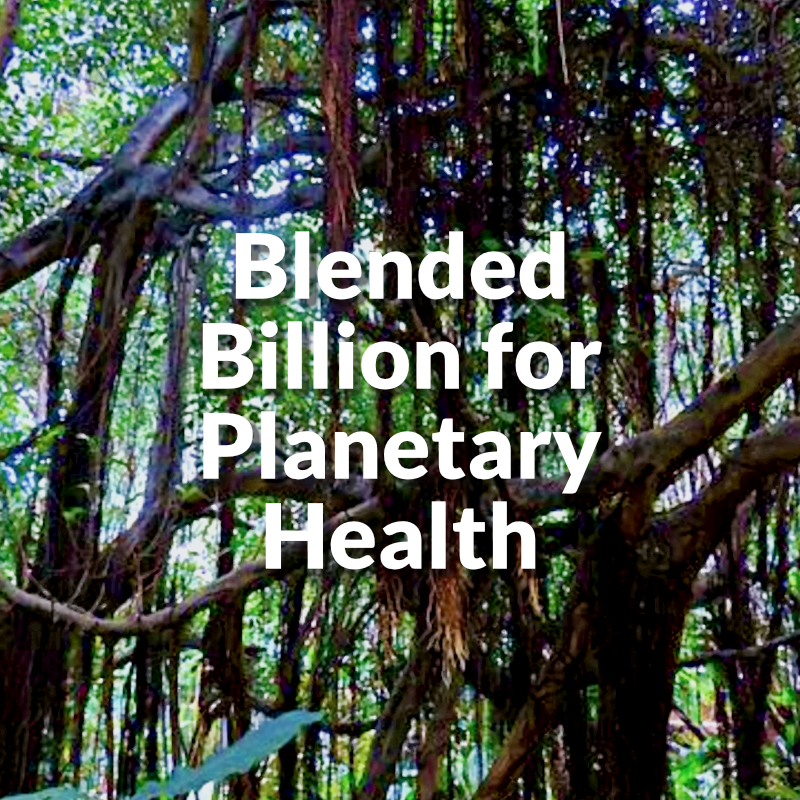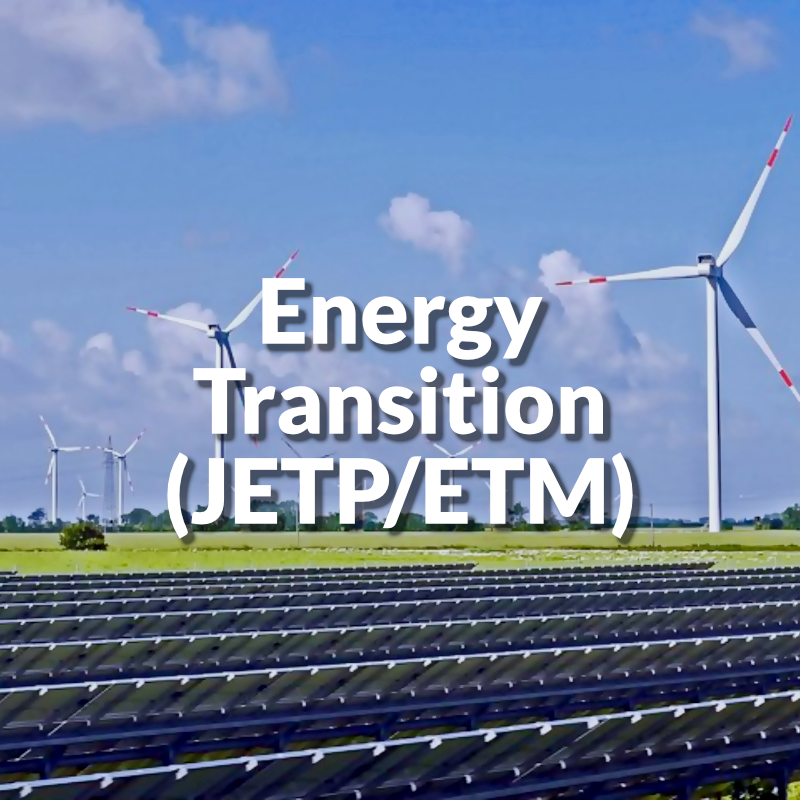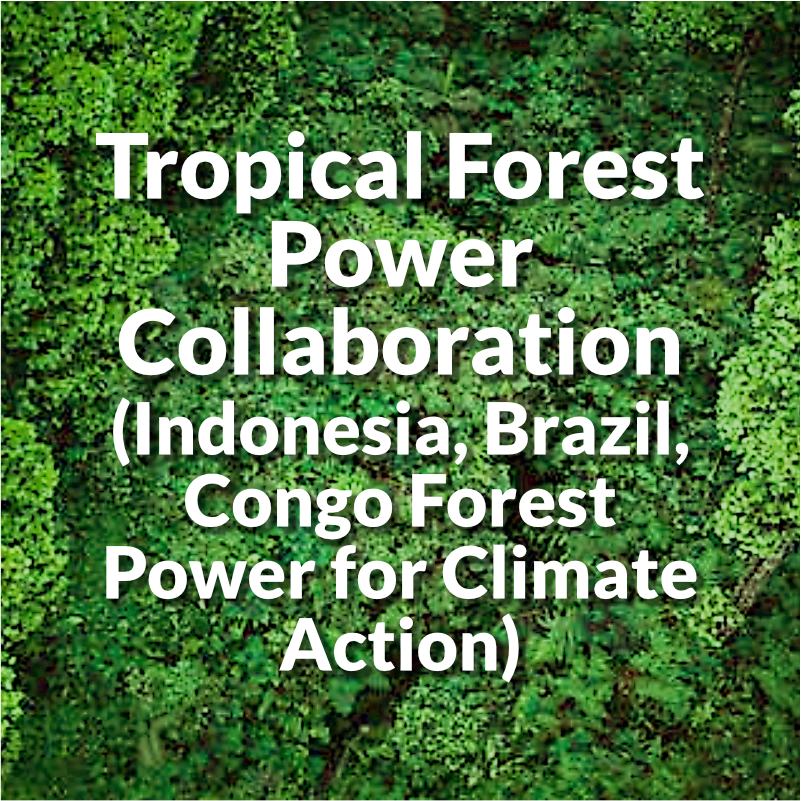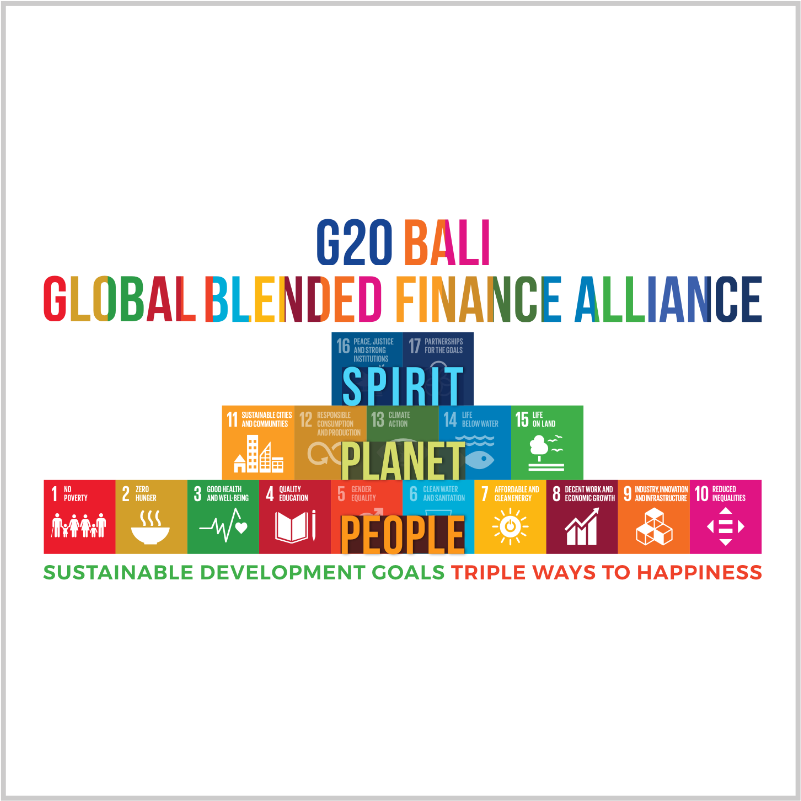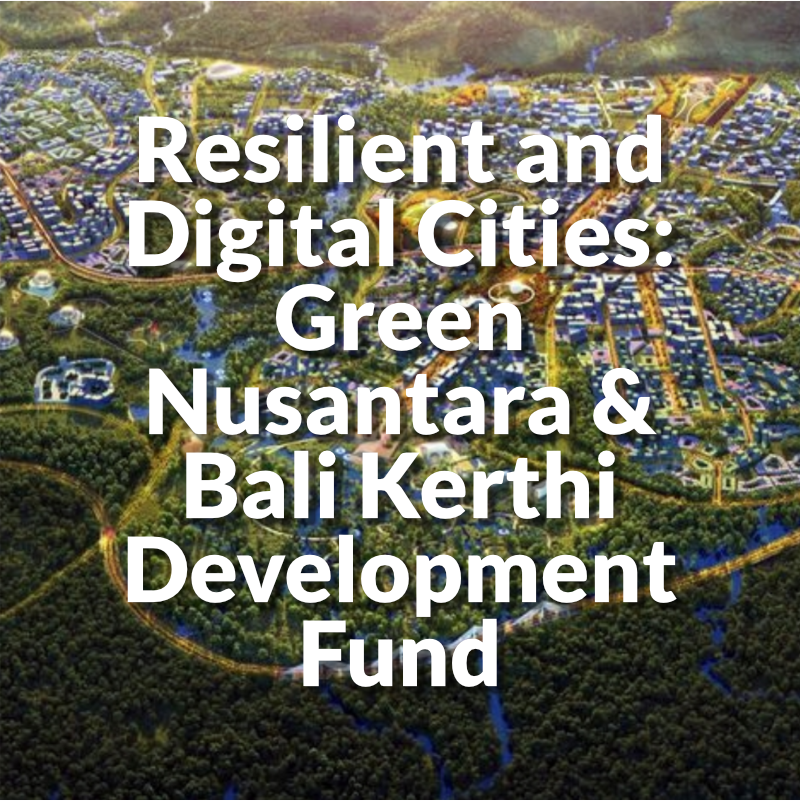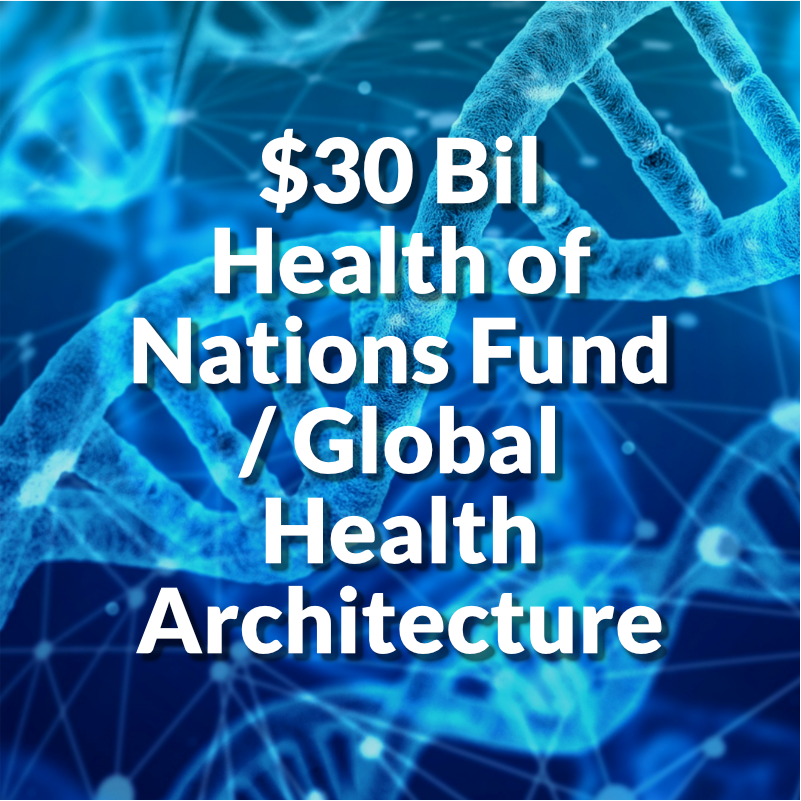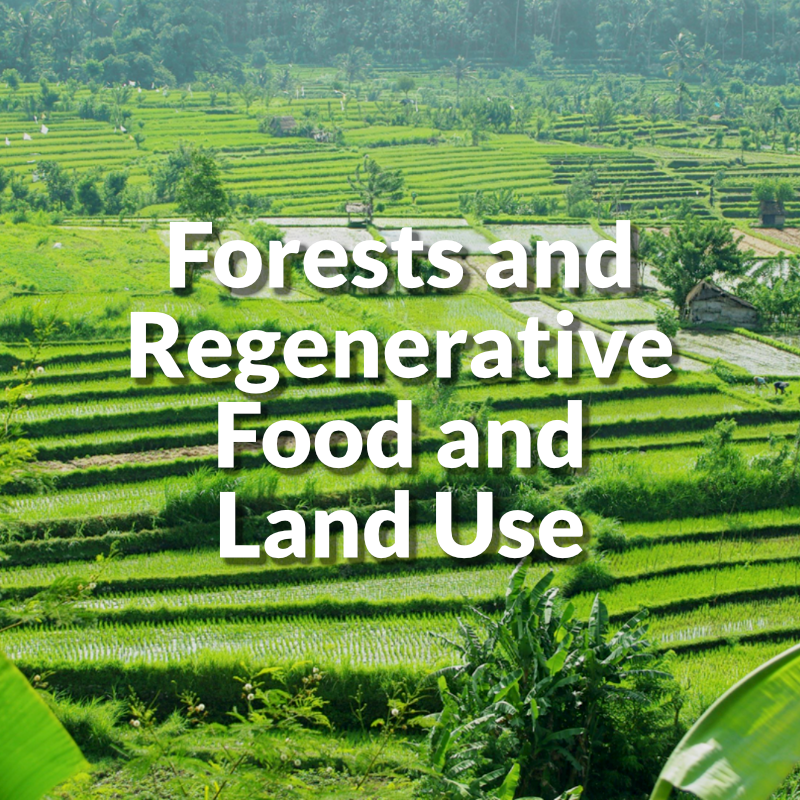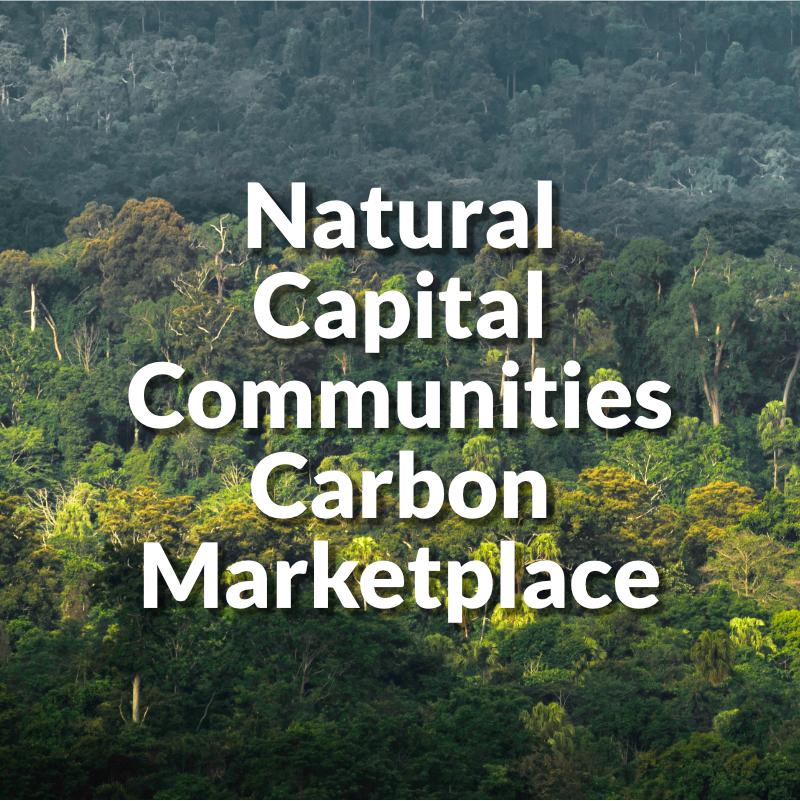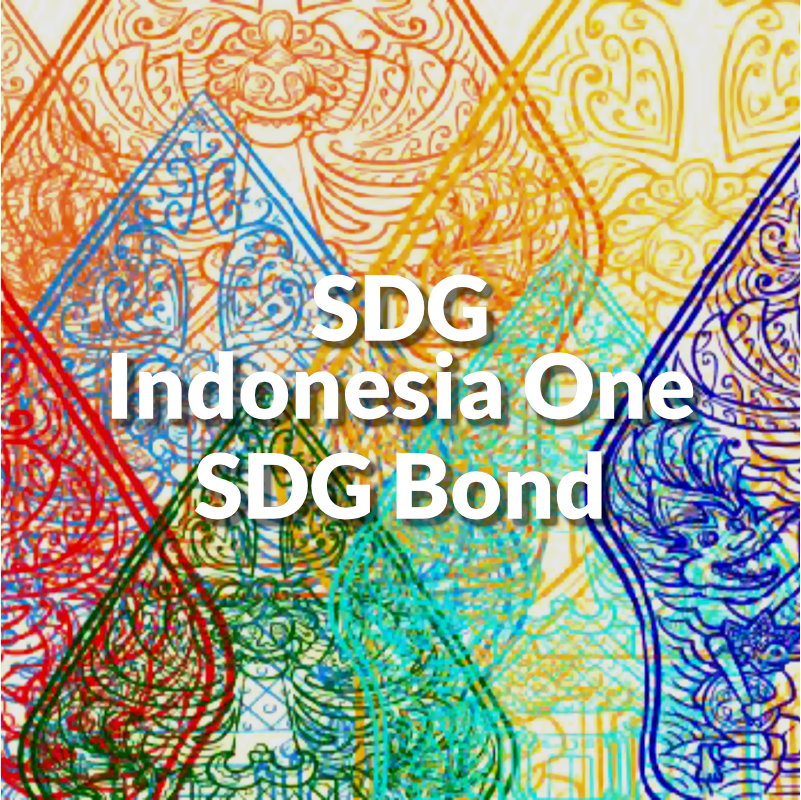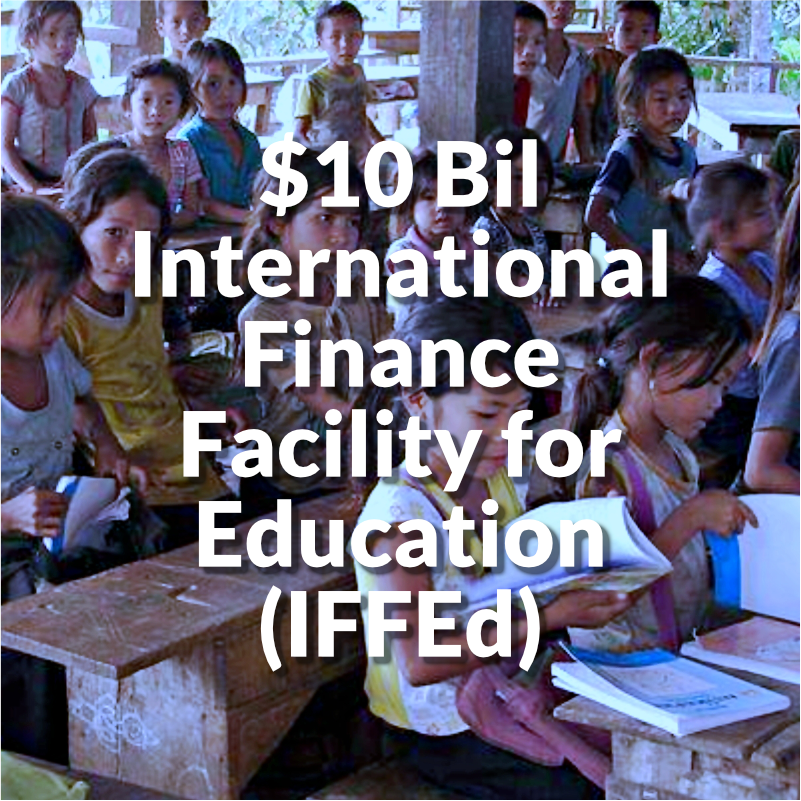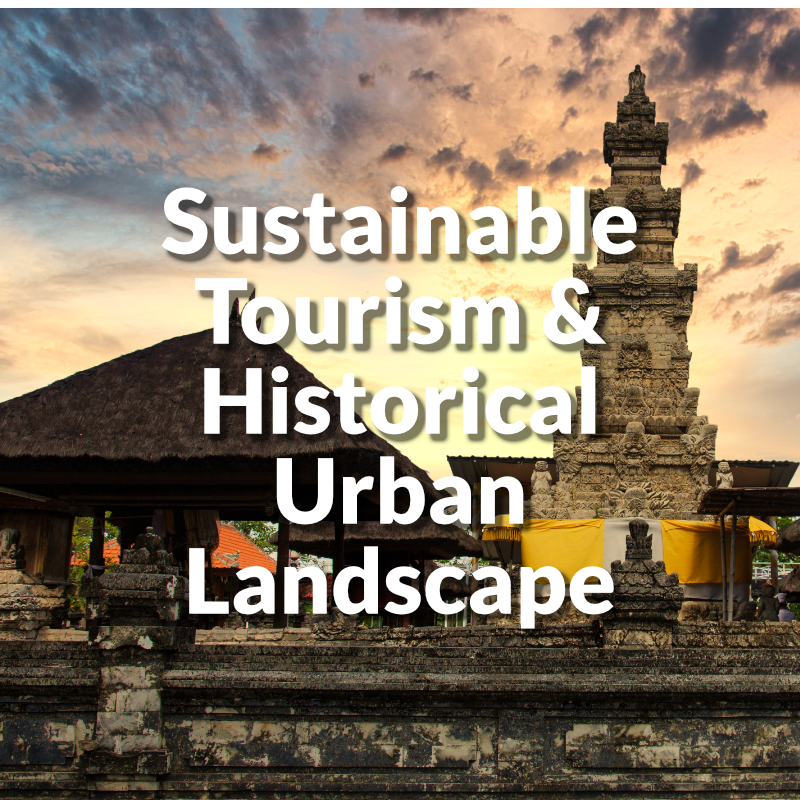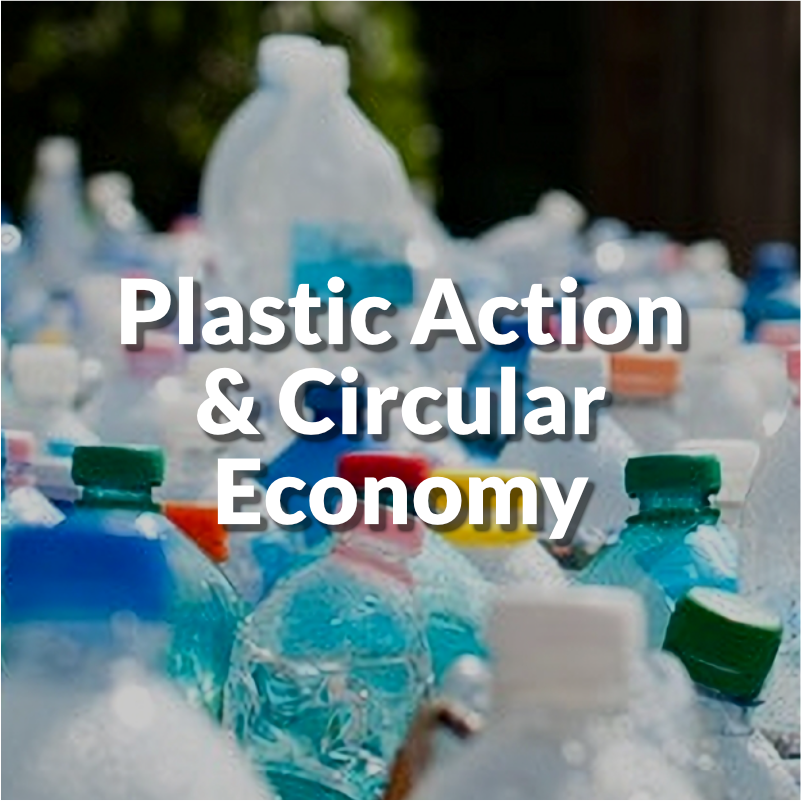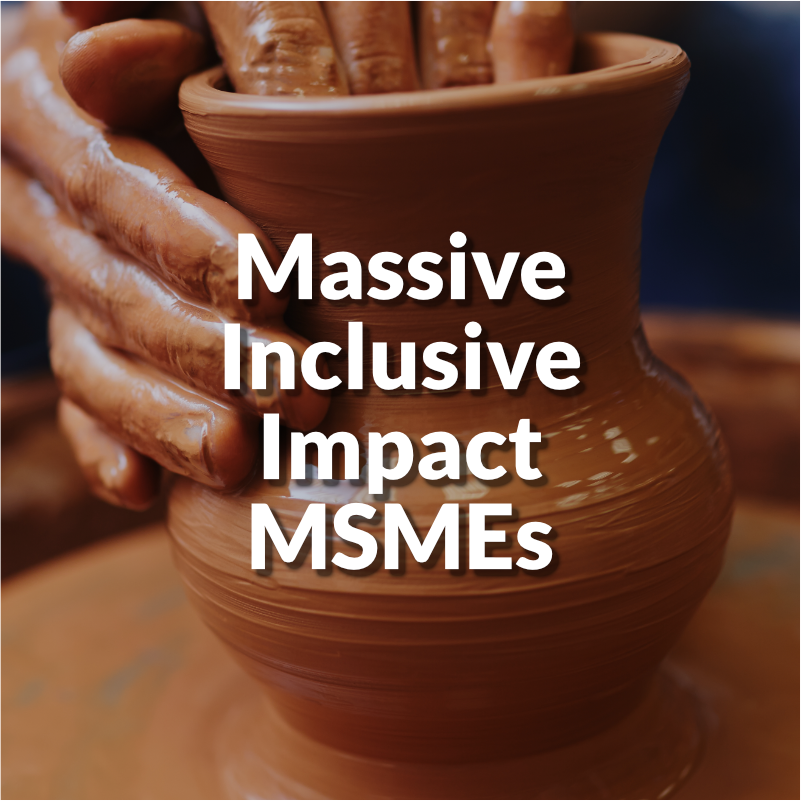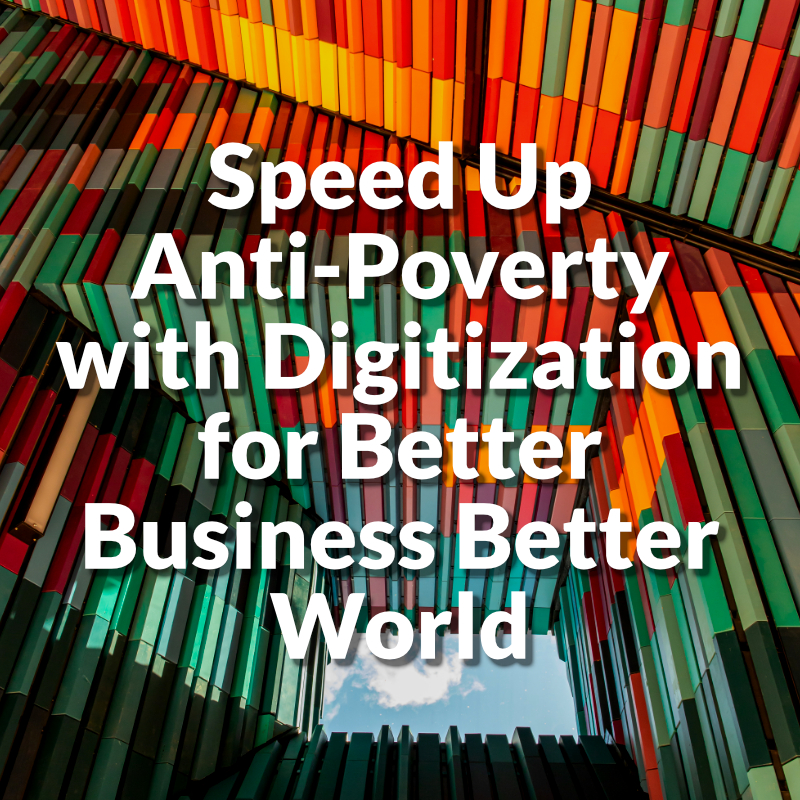OVERVIEW
Indonesia recognises the pivotal role that the ocean plays economically, socially and environmentally. The country is highly ocean-dependent with 54% of its animal protein consumption from fish and seafood. Over one half of its population are coastal inhabitants, and many are fishermen depending on the ocean for sustenance and livelihood. From a global perspective, Indonesia’s oceans have the most biodiverse habitats in the world and it is the second largest fish producer after China.
Indonesia’s marine life is under tremendous pressure from illegal, unreported and unregulated (IUU) overfishing which, along with climate change, is leading to the rapid depletion of fish stocks. Past and current maritime practices continue to be unsustainable. Increasing demand for resources, overfishing, climate change, pollution, biodiversity and habitat loss, along with inadequate stewardship and law enforcement are contributing to the ocean’s decline.
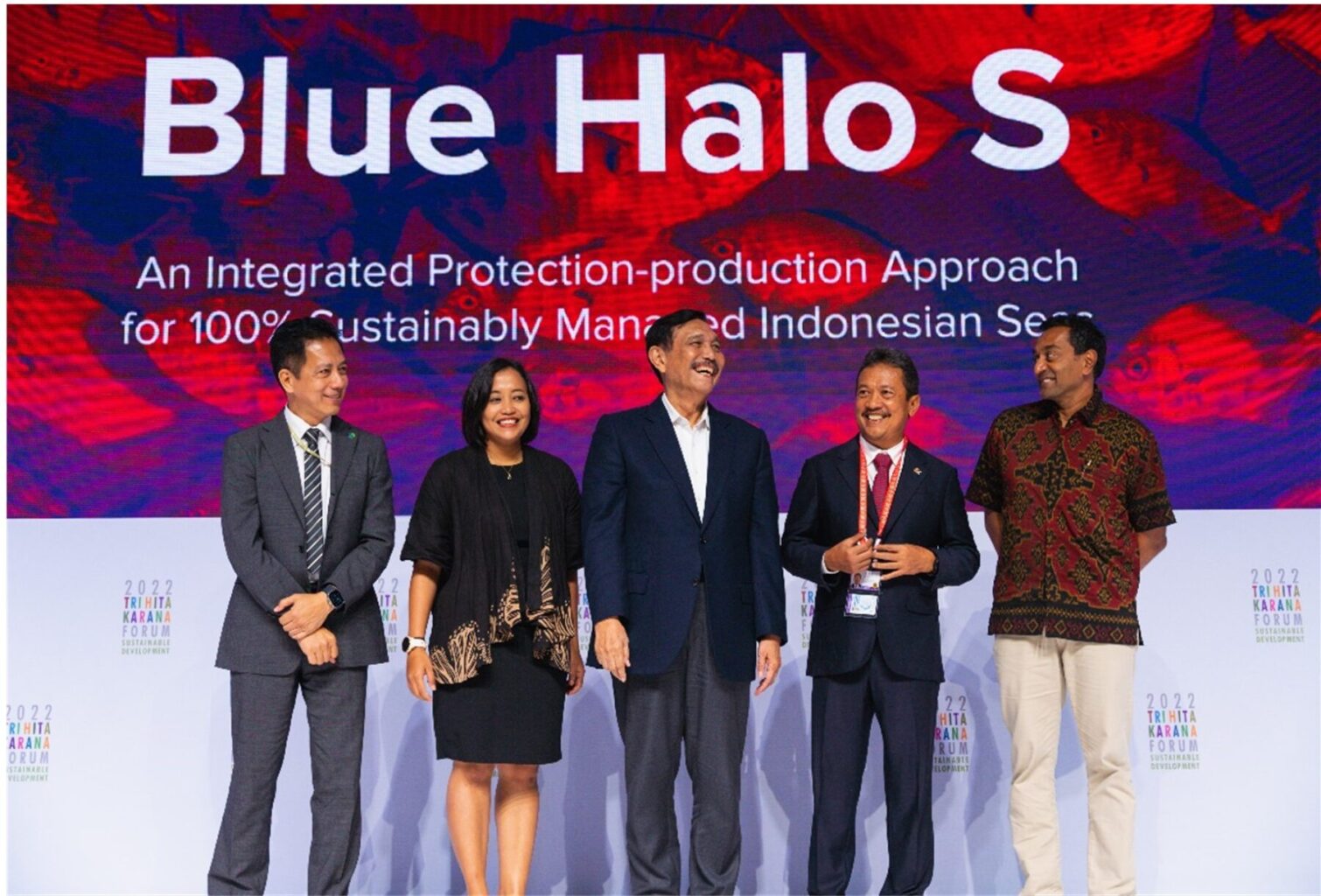
L-R: Dr German Velasquez, Director, Global Climate Fund Mitigation and Adaptation Division, Green Climate Fund; Meizani Irmadhiany, Senior Vice President & Executive Chair of Konservasi Indonesia; H.E. Luhut B. Pandjaitan, Coordinating Minister of Maritime Affairs and Investment; H.E. Sakti Wahyu Trenggono, Minister of Marine Affairs and Fisheries; and, M. Sanjayan, President, Conservation International.
The Blue Halo S is an independent, non-governmental initiative with a systemic integrative approach to sustainable fisheries management and marine protected area conservation with blue accountability (concession), blended finance for fisheries, cold-storage infrastructure, and traceability with technology. Leveraging a cross-sectoral, interdisciplinary network of leading local, regional, and international partners, Blue Halo S seeks to mobilize finance, science, policy, and other technical assistance support to enable the Government of Indonesia to advance and accelerate its marine conservation and blue economy development objectives. The scheme seeks to provide reasonable financial returns on investment, increase local employment, fund climate resilience and ecosystem conservation, and protect the rights of indigenous coastal communities. It is rooted in the understanding that healthy marine ecosystems and biodiversity are fundamental to the sustainable development, growth, and long-term resilience of Indonesia’s ocean economy. The Blue Halo S initiative is led by Konsevasi Indonesia, a national foundation that supports sustainable development and protection of critical ecosystems in Indonesia.
Blue Halo S Framework
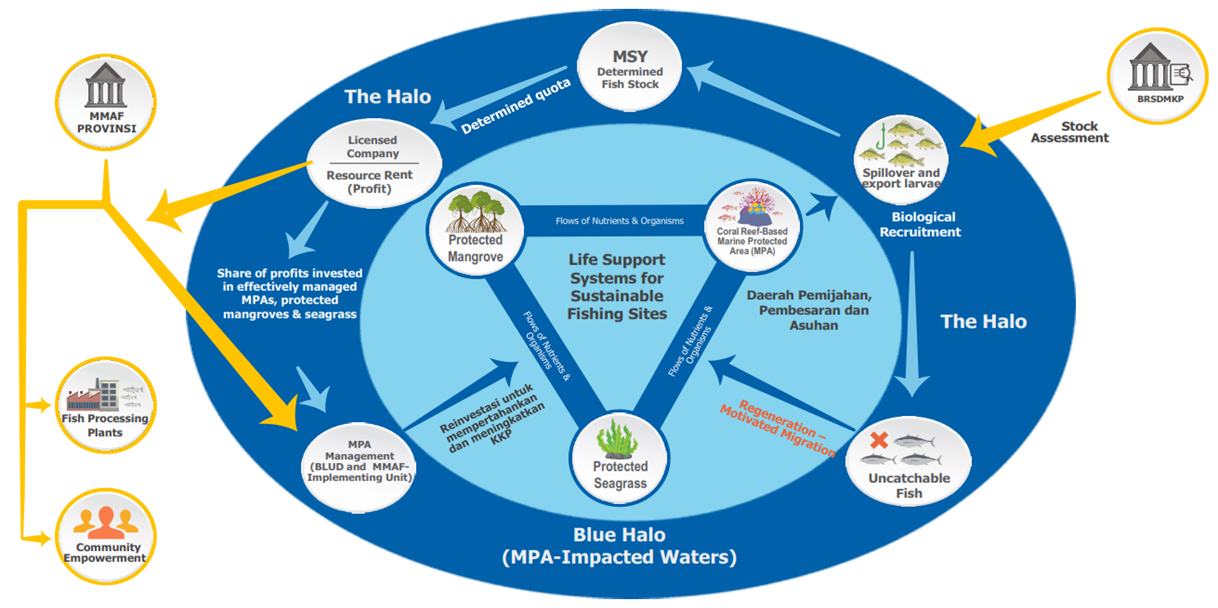
(Source: Konservasi Indonesia, “Blue Halo S and Sustainable Fisheries Management”)
